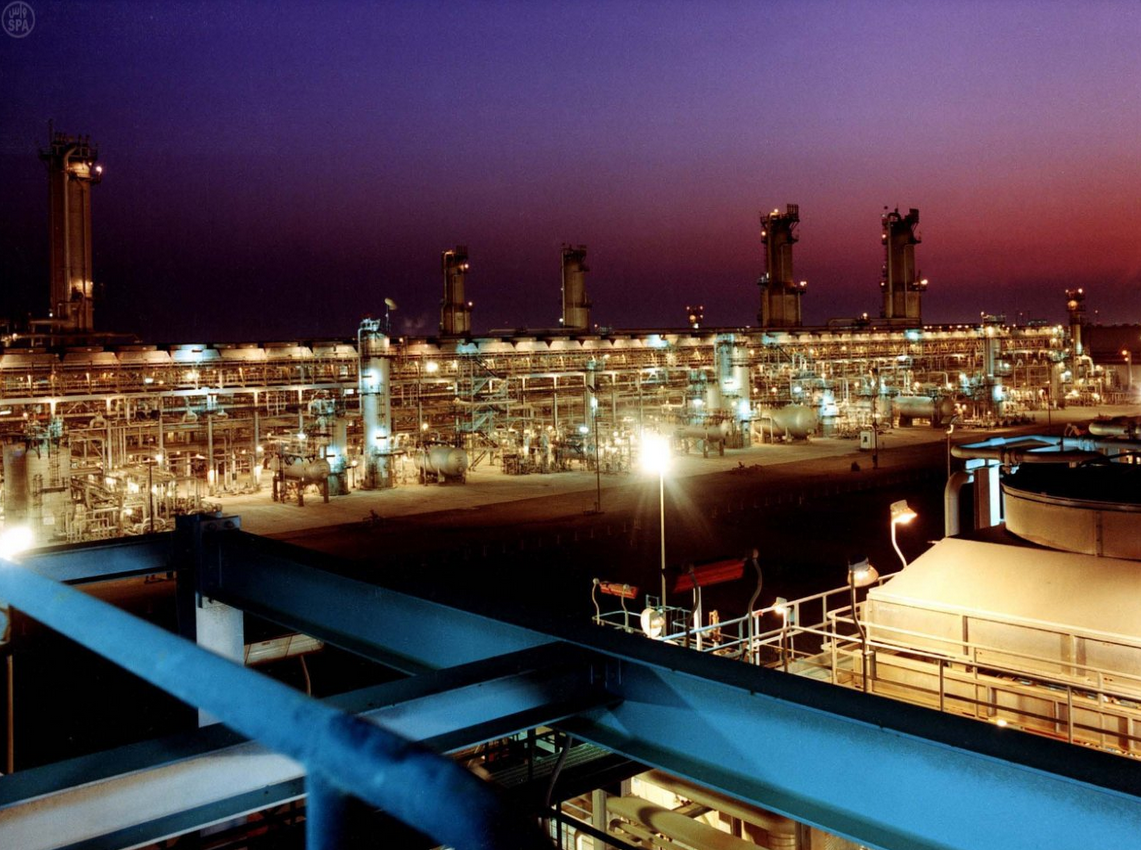Saudi Arabia’s economy contracted by 1.03 percent in the second quarter of this year following a 0.5-percent contraction in the first quarter, according to reports, as participation in the OPEC oil production cut and disappointing growth in non-oil industries weighed on the economy.
While the contraction in the economy is to be expected as OPEC and Russia seek to raise oil prices through cuts, analysts told Bloomberg that slow growth in the non-oil economy is “insufficient to offset the impact of lower oil output or to reduce unemployment,” Ziad Daoud, an economist with Bloomberg Intelligence based in Dubai, said.
“There has been little momentum in the non-oil sector — its growth rate has been stuck at below 1 percent for a few quarters,” he said. “For an economy that’s trying to diversify away from oil, the performance of the non-oil sector has been too closely linked to oil prices. Breaking this link should be the main priority of Saudi policy makers.”
Upward revisions in global oil demand by international oil agencies, such as OPEC, and rising regional tensions in northern Iraq, helped push up Brent prices by 8 percent and WTI prices by 3 percent month-on-month in September, according to Jadwa Investment. And while SAMA foreign reserve assets dropped by $6.8 billion in August month-on-month, the drops could slow as the latest international bond issuance, totaling $12.5 billion, eases the demand on Saudi foreign reserves.
According to Bloomberg, Monica Malik, chief economist at Abu Dhabi Commercial Bank, said that the Kingdom is seeing “stagnation in non-oil activity.”
“Second-quarter data show still very lackluster demand” even after the government reversed a decision to cut or freeze bonuses and allowances for state employees, Malik told Bloomberg.
But for the Kingdom, short term pain might pave the way for long term gain. Recent decisions by the government to expand investment and development of its tourism industry, and to allow women the right to drive, may help the Saudi economy in the long run. Remittances from paid foreign drivers in the Kingdom alone reach almost $4 billion annually, and the savings on drivers will boost household income for Saudi families.









